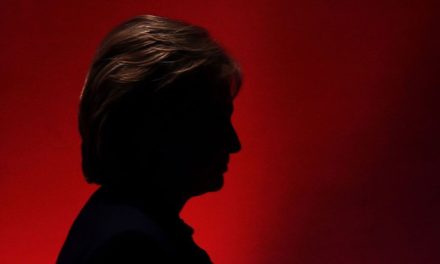The Australian head of Foreign Affairs and Trade Senator Penny Wong met with the Chinese Foreign Minister of the People’s Republic of China and Chinese State Councilor Mr Wang Yi, in what the Australian media has reported being an important first step in stabilising the relationship between the countries.
This meeting took place at the G20 summit of Foreign Ministers in which the two met on the sidelines to discuss certain topics.
The 2 big topics that Senator Wong raised were the issue of trade sanctions and Australians detained in China.
Senator Wong told reporters “We spoke frankly and we listened carefully to each other’s priorities and concerns.” Wong went on to say, “As you would expect I raised a number of issues in relation to bilateral, regional and consular issues.”
Senator Wong said she raised with Mr Wang the cases of detained Australian journalist Cheng Lei and writer Yang Hengjun, and others.
Cheng Lei is under detention on suspicion of illegally supplying state secrets overseas.
This request is in contrast with Wong’s inaction regarding Australian-born Julian Assange, who is under detention in the UK awaiting extradition to the US for publishing war crimes committed by the US and coalition forces in Iraq and Afghanistan.
Furthermore, Wong has refused to discuss his release with any US government officials. Which leads to the question why?
The 2nd issue is the trade restrictions which Senator Wong stated “Obviously we discussed trade blockages that exist, and that remains the government’s position, those trade blockages should be removed and we have said so publicly and our private position reflects that.”
At the moment, China has issued trade sanctions against many Australian products including wine, beef and coal.
Again this demand by Australia to remove trade sanctions is a far cry from the sanctions that Australia has placed on Russia over a conflict that does not involve Australia and is on the other side of the world.
Where are the sanctions on Saudi Arabia for bombing Yemen?
Where are the sanctions on the US lead wars in Syria, Uganda, Libya, Iraq, Afghanistan, Somalia, and others?
This notion of telling other countries what they should do, while Australia does the complete opposite is a relic from the empiral times, when empires went around colonising and plundering nations at their will, with no consequences are now passed, and a new Multilateral world is emerging.
It is time that Australian politicians remember the old saying “People who live in glass houses should not throw stones.”





